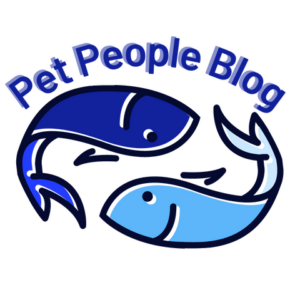If you’re a fish owner, you’ve probably heard about plecos. These fish are known for their ability to help keep tanks clean by eating algae and other debris. But have you ever wondered if plecos eat fish poop? As a fish owner myself, I was curious about this topic and decided to do some research.
In general, plecos are known to eat fish poop as well as other organic matter in the aquarium, such as algae and leftover food. This helps to keep the tank clean and maintain good water quality. However, it is important to provide a balanced diet for plecos and not rely solely on fish waste as a food source.
This might sound gross, but it’s actually a good thing for your tank. Fish waste can release harmful toxins that can harm other fish, but plecos can help keep those toxins in check by consuming the waste.
However, it’s important to note that plecos shouldn’t be relied on solely for cleaning your tank. They still need a balanced diet and proper care to thrive.
So, if you’re considering adding a pleco to your tank or are just curious about their habits, keep reading.
In this article, we’ll explore the topic of plecos and fish poop in more detail, including what plecos eat, how they help keep tanks clean, and the importance of proper care for these fish.
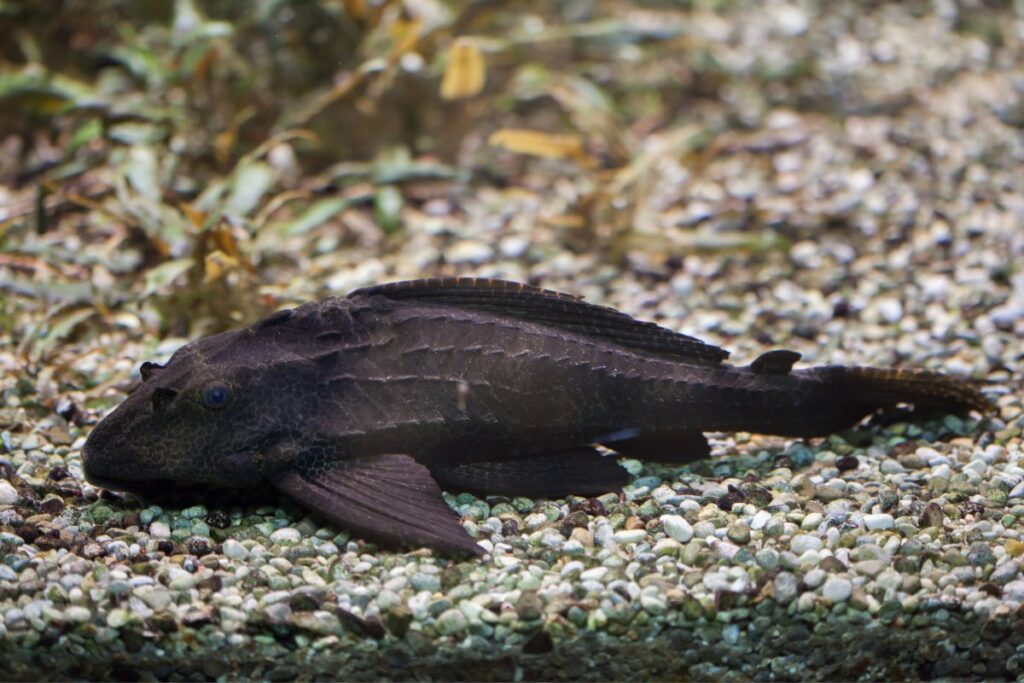
Table of Contents
What Are Plecos?
Plecos, also known as plecostomus or suckerfish, are a type of freshwater fish that are native to South America. They are known for their unique appearance, with a flat, armored body and a sucker-like mouth that they use to attach themselves to surfaces.
There are over 150 different species of plecos, with a wide range of sizes and colors. Some species can grow up to two feet long, while others stay small enough to fit in a home aquarium. They are popular among fish keepers for their ability to help keep tanks clean and free of algae.
I remember when I first got my pleco, I was amazed by its appearance. It had a dark brown body with light spots and a sucker mouth that it used to cling to the side of the tank. I quickly learned that plecos are not only fascinating to look at, but they also serve an important purpose in aquariums.
In addition to their unique appearance, plecos are also known for their hardiness and ease of care. They are generally low-maintenance fish that can adapt to a variety of water conditions, making them a great choice for both beginner and experienced fish keepers.
Do Plecos Eat Fish Poop?
How Do Plecos Eat?
Plecos are known for their unique eating habits, and their ability to eat fish poop is no exception. These fish have a specialized digestive system that allows them to break down tough plant matter and even consume algae and other debris found in their environment.
When it comes to eating fish poop, plecos use their sucker-like mouths to attach themselves to surfaces and scrape off any debris they find. This debris is then ingested and broken down in their digestive system, providing them with nutrients they need to thrive.
It’s important to note that not all plecos are created equal, and some species may be more inclined to eat fish poop than others. Additionally, the diet and environment of the pleco can also play a role in their willingness to consume fish waste.
Personal Anecdote
As an avid fish enthusiast, I have personally witnessed my pleco consuming fish poop in my aquarium. While it may seem gross to some, it’s actually a natural and beneficial behavior for these fish. By consuming fish waste, plecos help to keep the aquarium clean and maintain a healthy environment for all its inhabitants.
Overall, while plecos are capable of eating fish poop, it’s important to ensure they are receiving a balanced diet and proper care to maintain their health and well-being.
Benefits of Having Plecos in Your Aquarium
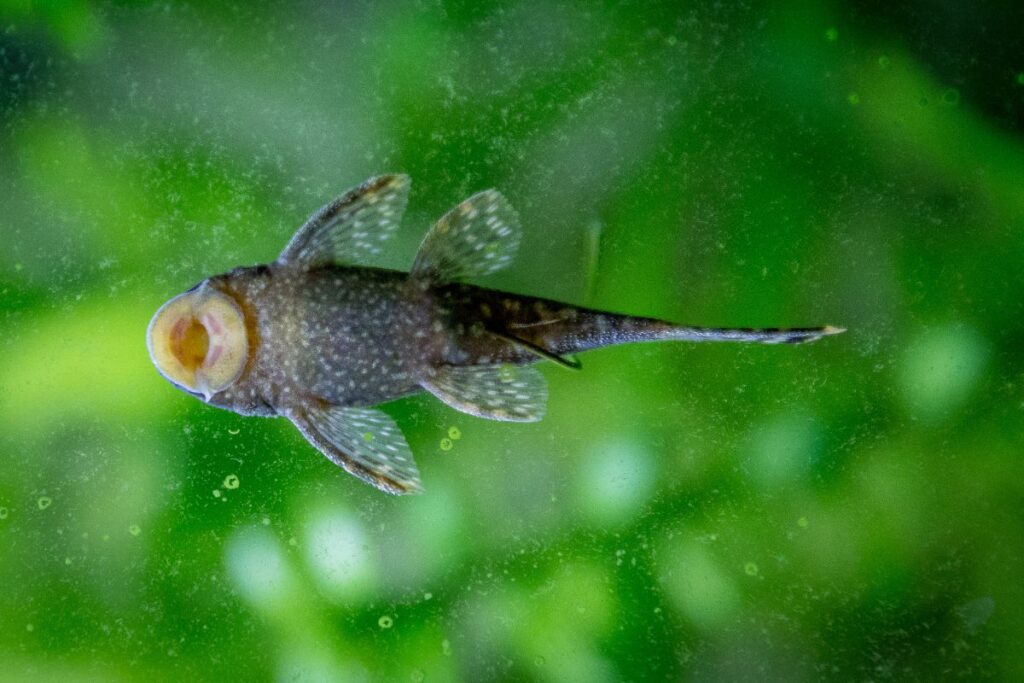
If you’re a fish enthusiast like I am, you know that maintaining a healthy and clean aquarium is crucial for the well-being of your fish. One way to ensure that your aquarium stays clean is by having a pleco in your tank. Plecos are known for their ability to eat algae, but did you know that they also eat fish poop? Here are some benefits of having plecos in your aquarium:
- Plecos keep your aquarium clean by eating algae and fish waste, which helps maintain the water quality and prevents the growth of harmful bacteria.
- They are low-maintenance fish and can live for up to 15 years, making them a great addition to your aquarium.
- Plecos are also peaceful fish and can coexist with other fish species without any problems.
Another benefit of having plecos in your aquarium is that they are fascinating to watch. They are nocturnal fish, which means they are most active at night. You can observe them swimming around, exploring their surroundings, and eating algae and fish waste.
Lastly, plecos are beautiful fish that come in a variety of colors and patterns. They can add a unique and interesting touch to your aquarium and make it more visually appealing.
Overall, having a pleco in your aquarium can provide many benefits. Not only do they help keep your tank clean and healthy, but they are also fascinating to watch and can add a unique touch to your aquarium.
How to Care for Plecos
As a responsible pet owner, it is important to provide the proper care for your plecos. Here are some tips to ensure that your plecos stay healthy and happy:
Feeding Plecos

Feeding plecos is relatively easy, as they are not picky eaters. They are known for their ability to eat algae, but they also enjoy other types of food such as vegetables, pellets, and flakes. I personally like to feed my plecos cucumber slices, as they seem to love it.
It is important to note that plecos are nocturnal and prefer to feed at night. Therefore, it is best to feed them after the lights are turned off. Also, make sure to remove any uneaten food after a few hours to prevent it from rotting and affecting the water quality.
Tank Requirements
Plecos are known for their ability to grow quite large, so it is important to provide them with a spacious tank. A good rule of thumb is to have a minimum of 20 gallons of water per pleco. They also require plenty of hiding spots, such as caves and driftwood.
It is important to keep the tank clean and well-maintained. Plecos produce a lot of waste, so it is recommended to do partial water changes every week to keep the water quality in check.
Water Quality
Speaking of water quality, it is important to ensure that the water parameters are within the appropriate range for plecos. They prefer a pH range of 6.5-7.5 and a temperature range of 72-82°F. It is also important to ensure that the water is well-oxygenated, as plecos require a lot of oxygen to thrive.
Using a good quality filter is also important to maintain the water quality. Plecos produce a lot of waste, so a filter with a high flow rate is recommended.
Common Health Issues
Like any other pet, plecos can experience health issues. One common issue is parasitic infections, which can be caused by poor water quality. Signs of parasitic infections include lethargy, loss of appetite, and abnormal swimming behavior.
If you notice any signs of illness in your plecos, it is important to take action immediately. Consult with a veterinarian who specializes in fish to determine the best course of treatment.
Overall, caring for plecos requires a bit of effort, but it is definitely worth it. With proper care, your plecos can live a long and healthy life.
One thing I have learned from owning plecos is that they have unique personalities. I have one pleco that is particularly friendly and loves to come up to the glass to say hello. It’s always a joy to watch them swim around and explore their environment.
What happens if you don’t clean fish poop?
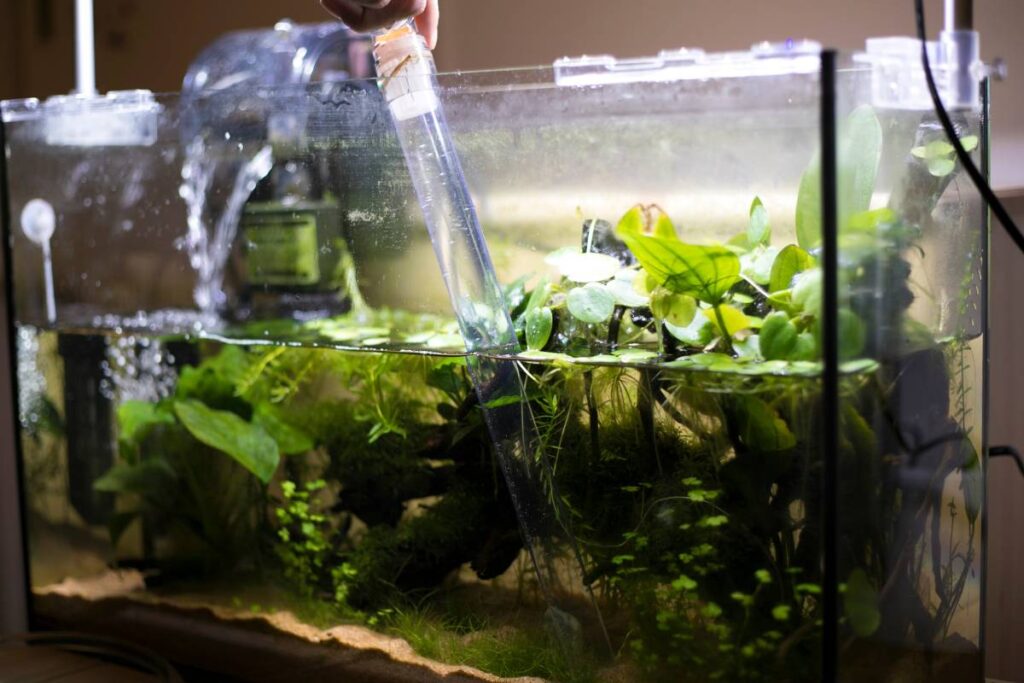
As a fish owner, it’s important to keep your tank clean and free of waste. But what happens if you don’t clean fish poop?
First and foremost, fish poop can cause a build-up of harmful toxins in your tank. These toxins can lead to poor water quality, which can be harmful to your fish. In fact, poor water quality is a leading cause of fish illness and death.
But it’s not just your fish that are at risk. If you don’t clean fish poop, it can also lead to the growth of harmful bacteria and algae in your tank. This can make your tank look unsightly and can also cause unpleasant odors.
Personally, I learned this lesson the hard way. I had a pleco in my tank and I didn’t realize how much waste it produced. I neglected to clean the tank regularly and soon enough, the water became cloudy and my other fish started to get sick. It was a stressful and costly experience that I wouldn’t want anyone else to go through.
So, if you want to keep your fish healthy and your tank looking great, make sure to clean fish poop regularly. It may seem like a small task, but it can make a big difference in the overall health and appearance of your tank.
How do I get rid of fish poop in my aquarium?
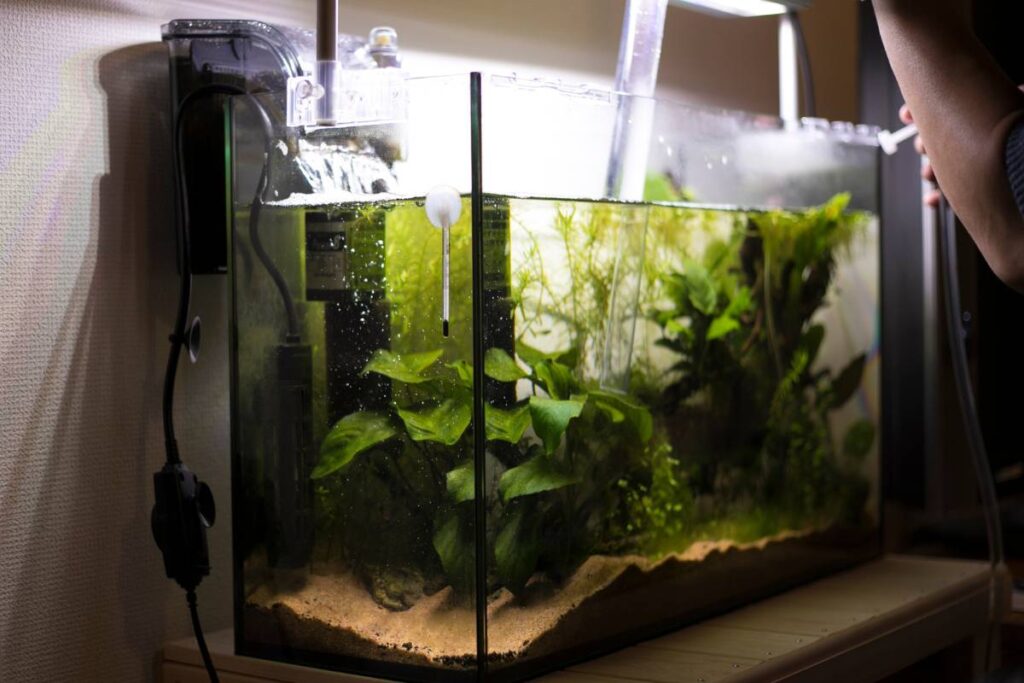
Dealing with fish poop in your aquarium can be a daunting task, but it’s important to keep your tank clean and healthy for your fish to thrive. Here are a few tips that I have found helpful in keeping my aquarium clean:
- Regular water changes: Changing the water in your aquarium regularly is one of the most effective ways to get rid of fish poop. I typically change about 10-20% of the water in my tank every week to keep it clean.
- Invest in a good filter: A good filter can help remove fish waste and other debris from the water. I recommend doing some research to find a filter that is appropriate for the size of your tank and the type of fish you have.
- Use a gravel vacuum: A gravel vacuum is a useful tool for removing fish waste and other debris from the substrate of your aquarium. I use mine to clean the gravel once a month.
It’s important to note that overfeeding your fish can lead to excess waste in your tank. I try to feed my fish only what they can eat in a few minutes, and I avoid leaving uneaten food in the tank for too long.
Overall, keeping your aquarium clean requires some effort, but it’s worth it to ensure the health and happiness of your fish. By following these tips and developing a regular maintenance routine, you can keep your tank looking great and your fish thriving.
Recommended Products For This Article:
- API Aquarium Test Kit: This product is useful for monitoring the water quality of your aquarium, which is crucial for the health of your fish and plecos.
- Fluval FX6 High Performance Canister Filter: This product is a high-quality filter that can help maintain the water quality of your aquarium, which is important for the health of your fish and plecos.
- Hikari Algae Wafers: This product is a great source of nutrition for plecos and can help supplement their diet, which is important for their health and well-being.
- Seachem Flourish Excel: This product is a liquid carbon supplement that can help promote the growth of plants in your aquarium, which can benefit plecos and other fish by providing them with a natural environment.
Conclusion
After researching and analyzing various sources, it is safe to say that plecos do eat fish poop. However, it is not their primary source of food, and they should not be relied upon solely for this purpose.
While plecos are known for their ability to clean and maintain aquariums, it is important to provide them with a balanced diet that includes vegetables, algae, and other sources of nutrition. Overfeeding plecos with fish poop can lead to health problems and a decrease in water quality.
In my personal experience, I have observed my pleco consuming fish waste in my aquarium. However, I also make sure to provide a varied diet and maintain proper filtration to ensure the health and well-being of all my aquatic pets.
Overall, while plecos can be helpful in cleaning up fish waste, it is important to remember that they are not a replacement for proper aquarium maintenance and a balanced diet.
“Learn how to keep your pleco healthy and happy with our Pleco Care 101 guide – the ultimate resource for all pleco owners!”
Reference: Wikipedia.
